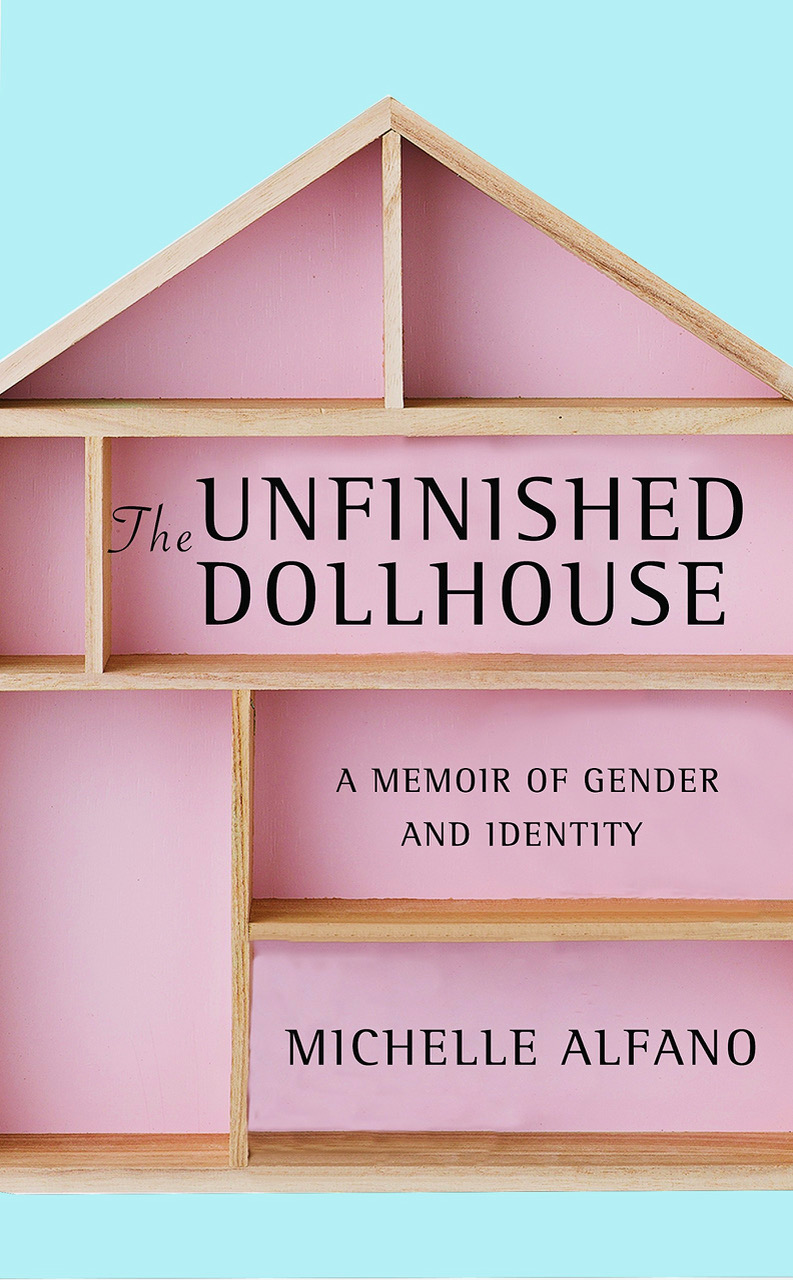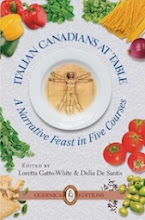 "What I had madly possessed was not she, but my own creation, another, fanciful Lolita-perhaps more real than Lolita; overlapping, encasing her; floating between me and her, and having no will, no consciousness-indeed, no life of her own."
"What I had madly possessed was not she, but my own creation, another, fanciful Lolita-perhaps more real than Lolita; overlapping, encasing her; floating between me and her, and having no will, no consciousness-indeed, no life of her own." As I sat in my garden on a beautiful September day, I wished you a violent death Humbert Humbert. I feel two sides are at war within me when I re-read this book: the mother of a female child versus the writer/artist. I don't want to explore the plot of the novel, which is so well known, so much as other issues about art and writing.
Nabokov is a master, an exquisite writer. I cannot deny that. Although at times it is as if you are listening to your favorite, overly cultured uncle who uses ten dollar words when fifty cent words will do. The language is overwrought and refined but suits the heightened nervous sensibility of this overly educated, emotionally retarded dandy with sinister, pedophilic intentions.
And the topic is notoriously heinous. Lolita has becomes a code word now for a sexually precocious girl-child. Humbert's corruption of the twelve year old Lolita Haze (incidentally the exact age of my own daughter which I admit hits a nerve) repels the reader even as it mesmerizes with its language.
Nabokov's language, cloaked in clever, beautifully constructed metaphors and French or Latin phrases, oozes with exaggerated voluptuous detail which I had to admit angered me at times. It was difficult to separate my feelings as a mother of a young girl from myself as a reader of literature, and as an appreciator of fine writing.
Nabokov fudges Humbert's guilt somewhat I feel ... Lolita is not a virgin so therefore he has not "despoiled" her at their fateful first encounter with her mother "safely" dead and no relations to worry about her safety. Lolita is portrayed as cunning and manipulative and as having never truly cared for Humbert even though he obsessed and agonized over her for years.
By the book's end, Nabokov has done the near impossible for me: he has made me feel sympathetic and tender towards Humbert. Broken, unstable, raging Humbert, deserted and "cheated on" by Lolita who has run away, become involved with another older man and then run off again, married and become pregnant at seventeen. Humbert, who murders for Lolita. Humbert, the pedophile who weeps when he realizes that he meant nothing to her, nothing at all.
In an afterword, Nabokov makes it clear that he sees Humbert as a pervert, as a disturbed individual. As a writer and as a reader, I must respect that. I must not assume that the character of Humbert represents the true feelings of the writer. I must respect his right to write whatever he wants.










No comments:
Post a Comment